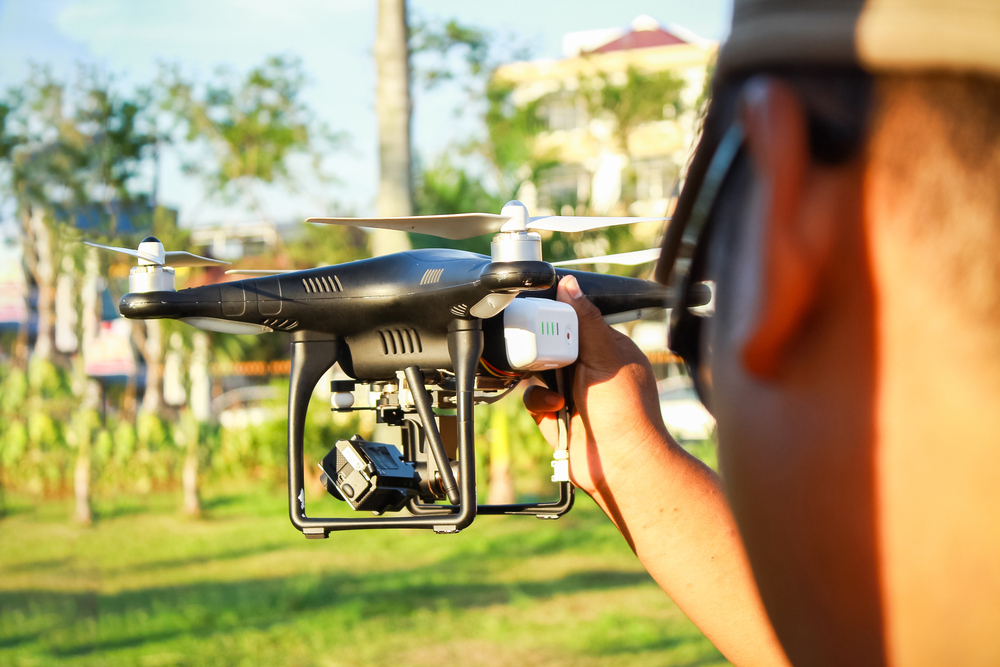Have you ever been impressed by an aerial shot of a tropical island paradise when watching a video of your favourite travel blogger? If you have, it’s very likely that a drone is responsible. Indeed, drones have undergone a significant transformation over the last few years. What was once mostly utilised for warfare is now being used in photography, filmmaking, and for recreational purposes. However, this begs the question: should operators of recreational and commercial drones undergo formal drone training?
Drone Safety Issues
According to reports, recreational drones have been flying off the shelves across the country. In fact, an estimated 50,000 to 100,000 drones were sold in Australia last year as manufacturers are making these devices more affordable and accessible. However, while this is good for ordinary consumers, it isn’t ideal for the aviation industry. There have been a number of disturbingly close calls between drones and aircrafts in recent year because of careless operators.
As a result, the authorities have tightened rules for drone pilots to prevent their devices from becoming safety hazards. In fact, just this month, the Civil Aviation Safety Authority has implemented tougher rules for owners and operators of recreational and commercial drones. Aviation Safety Director Shane Carmody said they certainly don’t want to ban these devices, which is why they are putting tougher measures in place to ensure that they won’t threaten public safety.
Striking a “balance between fun and safety,” these new rules prohibit drone pilots from flying their machines in areas where fire, police, and other emergency operations are taking place unless there is approval from the incident controller. They are also banned from operating drones within 5.5 kilometres of airports without control towers.
Drone Training in Australia
Apart from implementing these stricter measures, some people are also seeking the introduction of rules that would require drone operators to undergo compulsory drone pilot training before they can purchase and use these devices. Lobbyists believe such measures would help drone pilots become more aware of the perils of flying these machines in restricted areas.
However, companies that operate drones as part of their business model are crying foul over this proposal. Michael Griffin, co-founder of the Sydney-based startup Tekuma, said this would make a significant impact on their business. He believes that while it may help to do a basic online quiz before flying in restricted or high traffic air spaces, requiring drone pilots to take mandatory training before operating drones that cost around $2000 would be “unreasonable.”
Griffin also believes that while it may not dampen the innovation side of things, the proposed mandatory training could potentially slow down the industry as a whole.
Still, is it worth putting the safety of millions of people at risk just to ensure certain companies keep making money?
Drones are machines, and just like any other machine, they are capable of malfunctioning when you least expect it. This is why the proposal to require drone pilots to undergo mandatory drone certification training makes sense. Not only would it ensure the safety of the common people, but it may also benefit drone operators, as well.

